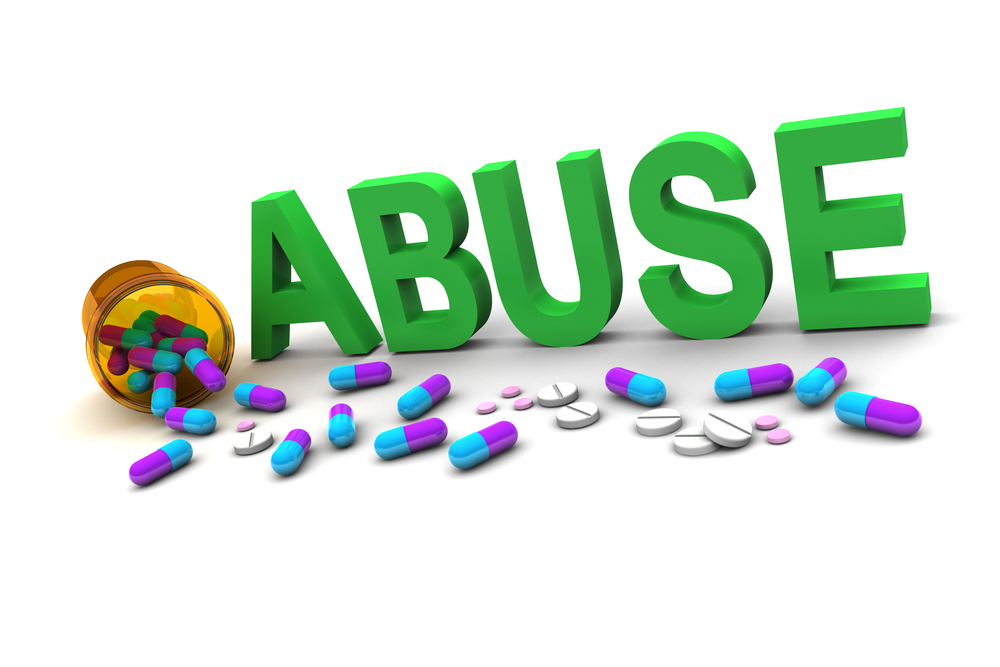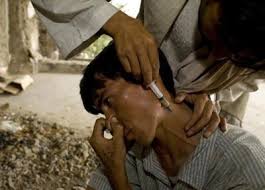Defeating alcohol addiction mechanism

Defeating alcohol addiction mechanism is quite challenging owing to the addictive nature of the element
Defeating alcohol addiction mechanism: Does moderate drinking work for you?
You must have been told time and again that drinking alcohol is harmful to your health in many ways. The statement was repeated to you to the point that it became an unpleasant music to your earing. When your physician realized that his professional advice were hitting a dead end due to the addictive nature of the substance, the physician became more considerate and accommodative by advising you that if you have to drink, then drink moderately. At this you were willing to give it a try at least this way you are not denied the drink in totality. So to you this was workable and you quickly consented to the new arrangement thinking that it will help you in defeating alcohol addiction. But little did you know that alcoholism and alcohol abuse is addiction mechanism and it will only be a matter of time. If you have been an addict before you are following what am highlighting in this article. Why is this a great concern to the physicians? Doctor Dalal is a veteran addiction specialist with more than two decades of experience in practice not just for the ordinary patients but has also been very active in the training of other professionals about the best ways of administering treatment to their patients. We are going to learn from her actions towards defeating alcohol addiction mechanisms as we progress into this discussion.
Expert’s contributions towards eliminating alcohol addiction
To have this assignment (defeating alcohol addiction mechanisms) done above board, doctor Akoury founded AWAREmed Health and Wellness Resource Center, which is one of the leading pioneers in natural and holistic addiction treatment in the region and beyond. Together with her team of experts doctor Dalal Akoury will be conducting annual Educational, Functional and Integrative Addiction conference for professionals including doctors, counselors, nurses and addiction therapists. The conferences are tailored to address the pertinent addiction related complications and give them the very holistic treatment solutions that will simultaneously deliver their productive life back to them as well as putting more cash into the pockets of those professionals who will be attending. That is to say the knowledge you will get from our team of experienced experts will be very useful for you in your various clinics as you administer treatment you your clients.
Finally the question we ask, are you a practicing professional out there and you are looking for opportunity to meet your colleagues across the globe for a fact finding mission. If this describes you, then this new frontier in Addiction Medicine is all you need for your breakthrough. The conferences are always conducted by the most influential group of leading professional visionaries each specializing in the latest advances in natural and integrative addiction medicine. This is such an opportunity you don’t want to miss. You can always find out with doctor Dalal Akoury when the next conference is schedule for you planning purposes.
In the meantime doctor Akoury acknowledges that it’s not always easy to see or to detect when your drinking has crossed the line from moderate or social use to problem drinking. Nonetheless when you consume alcohol to cope with certain difficulties or to avoid feeling bad, you need to be very careful because if this describes your situation, then you’re in potentially dangerous territory. Alcoholism and alcohol abuse can sneak up on you any time, therefore it’s important to be aware of the warning signs and take steps to cut back if you recognize them. How then do you do that? Understanding the true position of the problem is the first step to overcoming it.
Defeating alcohol addiction mechanism: Does moderate drinking work for you?







